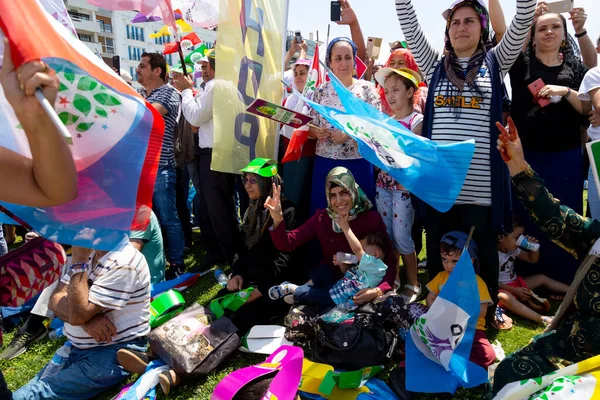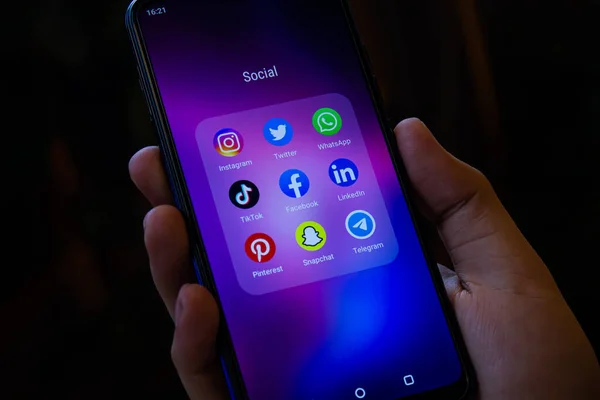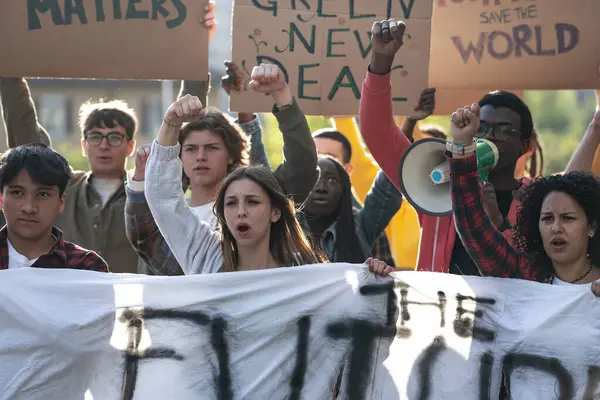
What does it mean to come of age in a world where protest can be equal parts rite of passage and profound exhaustion? To many in Generation Z, activism is not something you do on the side; it is an identity. Yet alongside the chants, placards, and viral hashtags lies a quieter, more complicated reality: emotional highs from solidarity mixed with the mental toll of sustained resistance.

1. Protests as a Source of Hope and Belonging
For many young people, standing in the protest is not just about joining a cause; it’s a statement of hope. Standing shoulder to shoulder with others of like-minded values gives a rare sense of belonging in an often fragmented world. These are the moments that shape identity, where ideals and abstractions become flesh and blood. According to one youth organizer, the streets become “classrooms where we learn who we are and what we stand for.” This sense of agency-of taking back power when the institutions feel inattentive-can be a powerful motivator.

2. The Hidden Psychological Burdens
Hope doesn’t erase the risks. There is always an undercurrent of fear: confrontation, arrest, backlash. Many balance studies, jobs, and family responsibilities with organizing, leading to burnout. And when the movements stall, or promises of reform are broken, that spark can fade into disillusionment. The exposure to violence-both live and via livestreams-gives way to the possibility of long-lasting trauma, as some people replay disturbing moments long after a protest is over.

3. The Double-Edged Sword of Social Media
Online spaces amplify Gen Z’s reach, turning local actions into global conversations. But that comes at a cost: continuous exposure to conflict, injustice, and online harassment fuels cycles of anxiety and digital fatigue. Many feel like they need to always show up online; otherwise, silence will be read as indifference. Indeed, during the height of the Black Lives Matter movement, high levels of protest-related content engagement were associated with increased anxiety, trauma symptoms, and lowered mood-effects particularly heightened for marginalized groups.

4. Why Emotional Resilience Matters
Research on youth activism does suggest, however, that while activism can buffer against feelings of helplessness, it may heighten stress unless balanced with care. Emotional resilience is not about avoiding difficult feelings; rather, it’s about building the capacity to recover from them. Experts recommend strategies such as the rotation of roles within activist groups, the institution of “digital curfews,” and the establishment of psychological safety plans that identify early warning signs of burnout and pre-agreed steps for support.

5. The Power of Mentorship and Safe Spaces
In all this, mentorship can be a lifeline to these young activists pressed by such expectations. Experienced organizers and mental health professionals can help normalize rest, model healthy limits, and offer perspective when faced with setbacks. Safe spaces-physical community hubs or moderated online groups-offer space to process emotions without fear of judgment. It is in such an environment that the nurturance of “collective care” that studies identify as so vital in sustaining long-term involvement is fostered.

6. Self-Care as a Political Act
Burnout among activists is real, and self-care for sustaining change is not a luxury. Activities that refill the emotional reserves drained by the fervent protest work include time in nature, creative outlets, and non-activism socializing. In the words of one advocate, “It’s a marathon, not a sprint.” Basic but strong tools to keep up mental stamina include mindfulness, adequate sleep, and proper nutrition.

7. Navigating Identity and Activist Guilt
Most young activists experience “activist guilt,” otherwise described as a feeling of never doing enough, especially when one steps back and rests. This is usually most heightened for people from directly affected communities, for whom disengagement feels tantamount to abandonment. Open conversations around capacity, boundaries, and resting as a legitimate act itself can help dispel such feelings of guilt and foster healthier participation.

8. Matching Activism with Personal Well-being
“Before you commit to a cause,” experts say, you should ask yourself, “What am I most passionate about? What time and energy can I realistically give? What boundaries will protect my mental health?” When activism lines up with personal values and sustainable practices, the participation generally enriches rather than drains.

“When I saw the people that I was able to reach, I thought, ‘Wow, I did this,'” one young leader said after bringing mental health workshops into her community. “It made everyone feel less alone.” For members of Gen Z, protests are equal parts proving ground and pressure cooker-places where hope and anxiety coexist. To support this generation, calls for justice must be heard, but they need to have the tools, networks, and safe spaces to make those calls without losing themselves in the fight.


